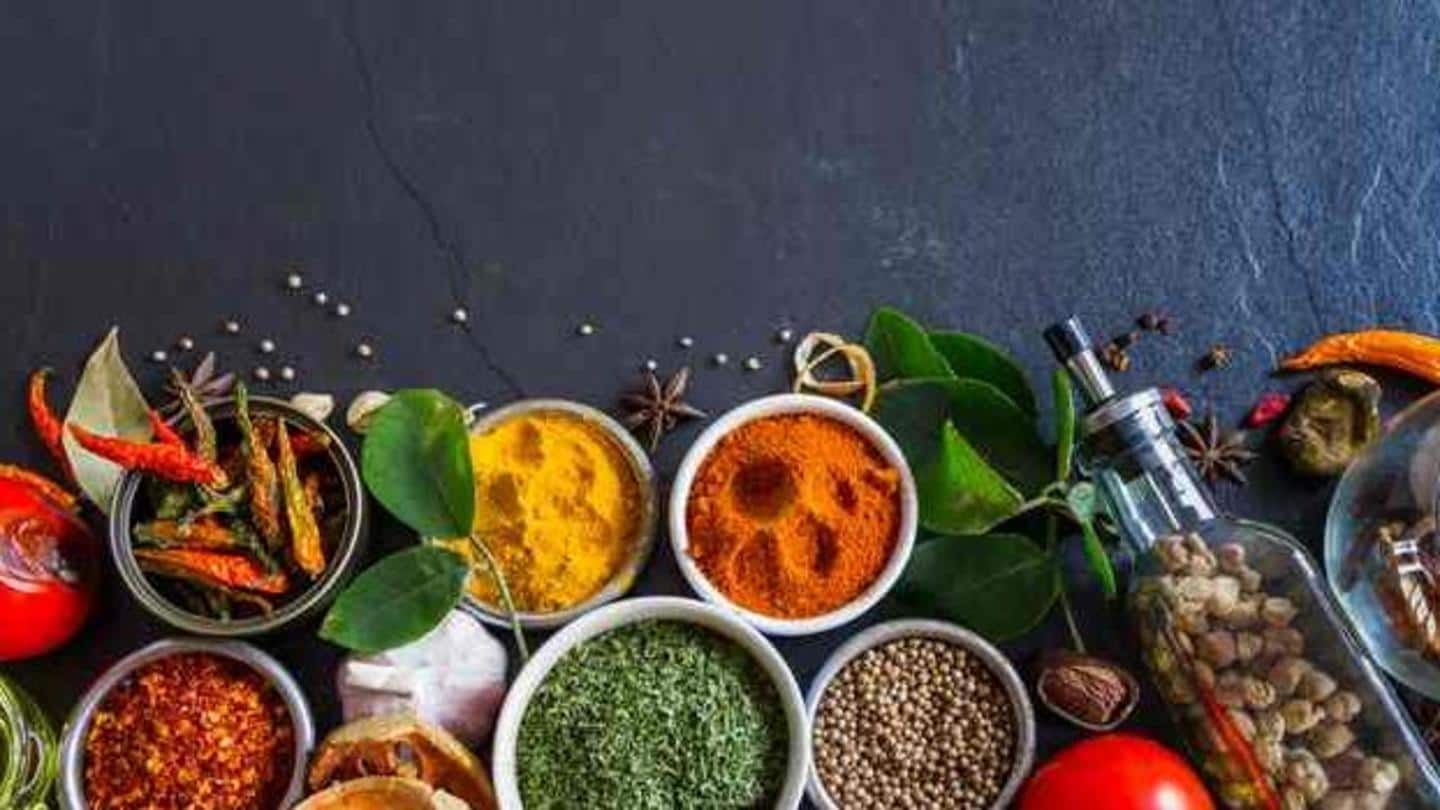
#HealthBytes: Consume these five desi superfoods for good health
What's the story
The term "superfoods" started out as a marketing gimmick and has now become something that is linked to a healthy diet.
But it is not all about exotic grains, fruits, and vegetables.
Indian superfoods, grown and consumed by one generation after another are not only healthy but also super affordable.
Let's look at some desi superfoods that you can easily include in your diet.
#1
Ragi: Regular consumption of this regulates blood sugar levels
Ragi is a super-grain that contains bran, germ, and endosperm, all of which are extremely beneficial to our body.
Ragi is also gluten-free and rich in nutrients like vitamin D and iron.
Regular consumption of this grain may regulate blood sugar levels and help in reducing the risk of stroke.
It works as a natural relaxant and helps in reducing weight as well.
#2
Moringa (Drumsticks): High in antioxidants, loaded with essential vitamins
Often found in sambar, moringa or drumsticks are high in antioxidants and nutrients like vitamins A, B-complex, and C.
Interestingly, every part of the moringa tree has got some or the other health benefit to offer.
For instance, you can sun-dry the leaves, crush and grind them to get an antioxidant-rich moringa powder ready, which helps in flushing out toxins from your body.
#3
Rajgira (Amaranth): Gluten-free grain, often used by bakers
Amaranth, commonly known as rajgira, contains high amounts of protein and fiber and is fairly rich in other nutrients like calcium, iron, potassium, and magnesium.
This gluten-free grainy ingredient is also often used by bakers who wish to dish out nutritious cakes and cookies by substituting flour and other similar products.
You can consume it in the form of flour or as it is.
#4
Dalia: One of the favorite breakfast items in the country
Dalia is undoubtedly one of India's favorite breakfast items.
High in protein and low in fat, it is one of the best foods to be consumed early in the day.
High in fiber and manganese, dalia is also rich in vitamin B.
One cup of cooked dalia is said to contain 150 calories, 7.14gm of protein, 11.9gm of fiber, and 1.55gm of fat.
#5
Amla: Has 20 times more vitamin C than in orange
Apart from making great murabbas, pickles, and curries, amla or gooseberry also contains high levels of vitamin C and antioxidants.
It contains 445 mg/100 g of vitamin C, which is 20 times more than in orange.
It is also great at boosting the immune system.
Amla's free radical absorbing capacity is believed to be higher than that of blueberries and strawberries, the superfruits.